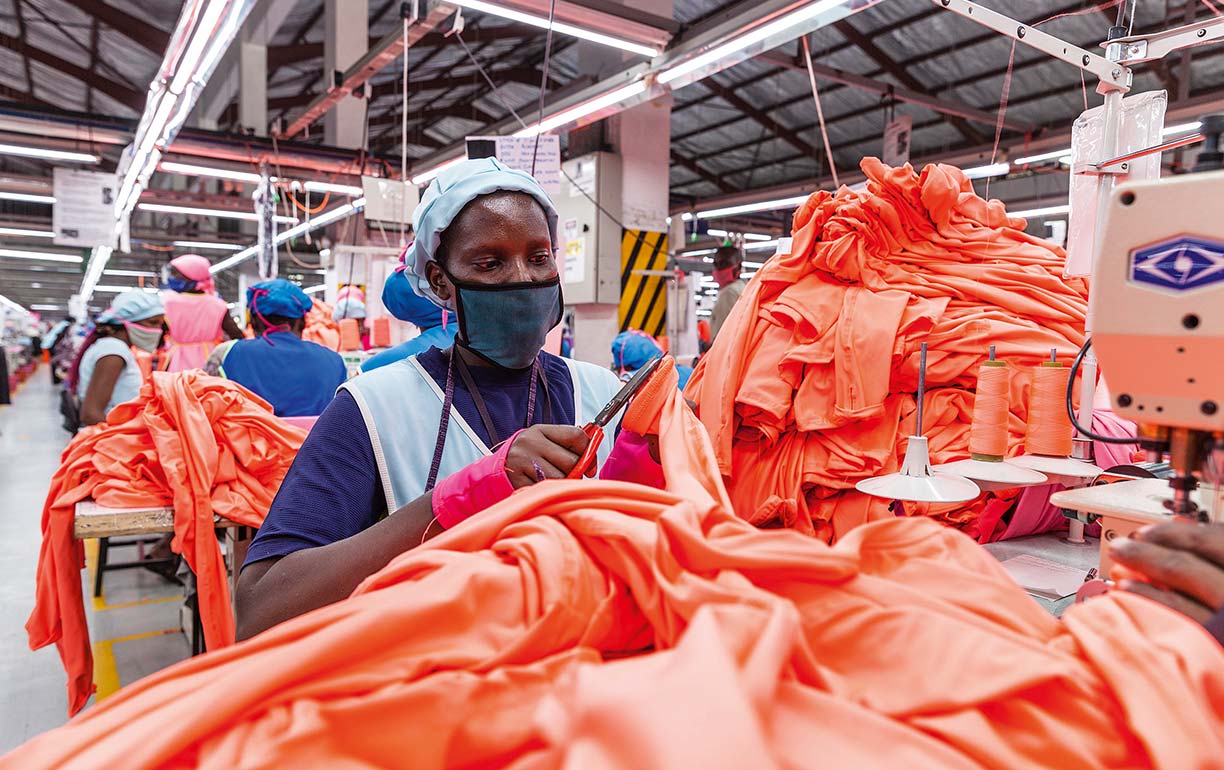
Made in Kenya.
“Forwarded by Air Connection. Flown by Lufthansa Cargo” – these words should really be on the labels of many an item of clothing from East Africa. Kavinda Atapattu, from freight forwarder Air Connection, took “planet” on a tour through the factories.
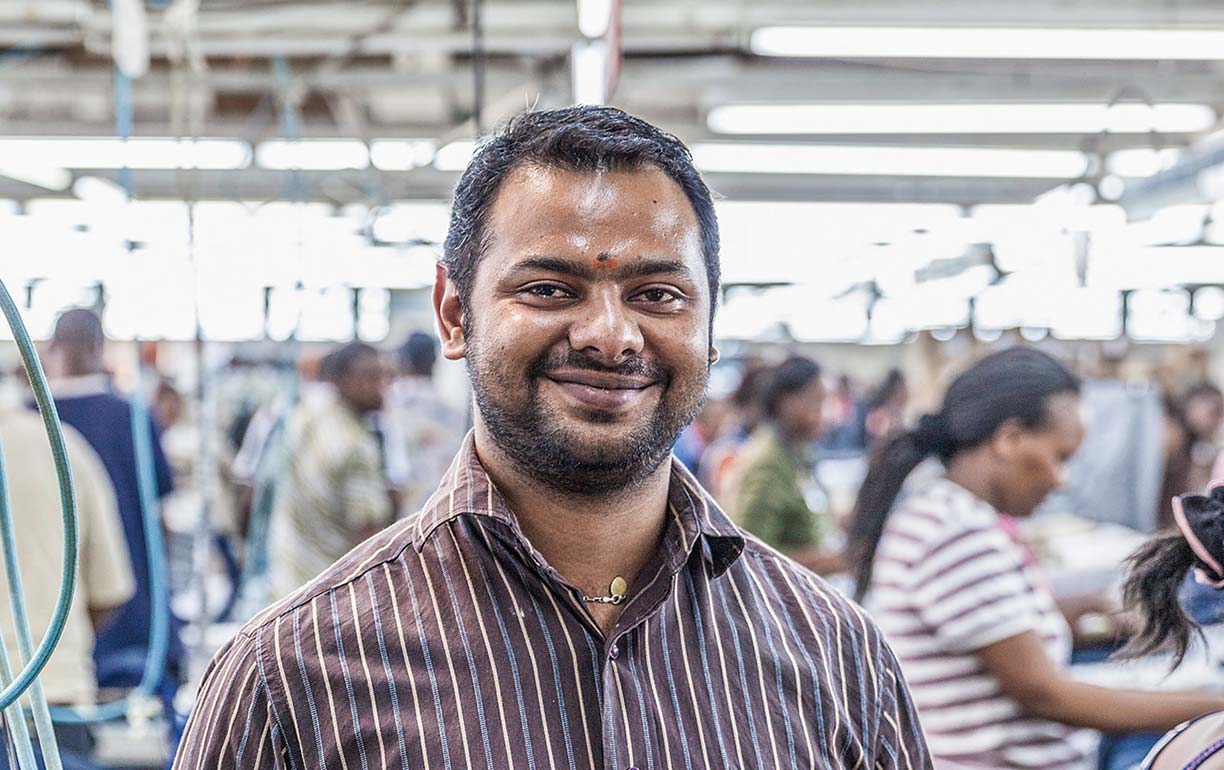
“High production standarts.”
Kavinda Atapattu, General Sales Manager at freight forwarding company Air Connection, knows practically every decision-maker in Kenya’s textile sector and stresses the role of airfreight as a factor in its success.
“To gain an insight into the Kenyan textile industry you have to see the factories and production facilities! Everyone who comes here is impressed by the high production standards. For our company, the transportation of textiles accounts for approximately 40 percent of business. As a freight forwarder we’re happy to work for large companies as well as small. Our customers include industry giants such as New Wide as well as medium-sized labels like African Apparel and local businesses such as Kikoy Mall. For cost reasons, the large factories naturally prefer to opt for the sea route.”
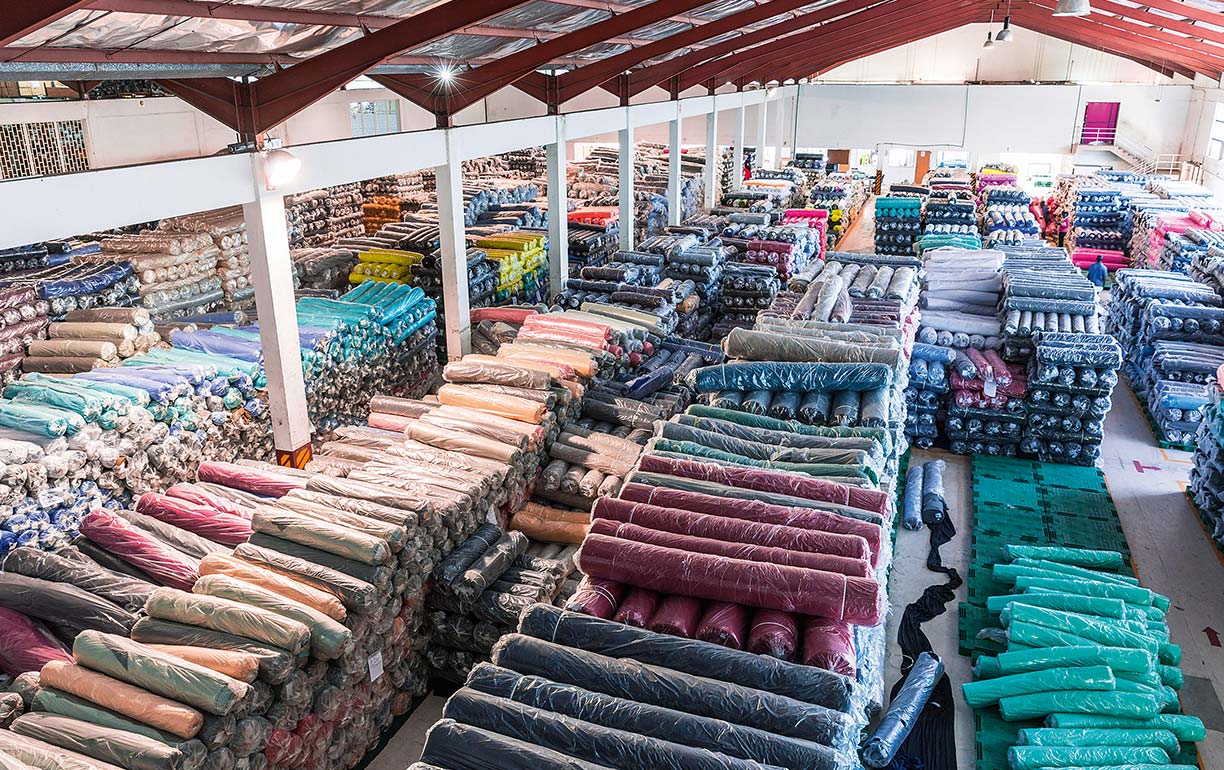
Nevertheless, airfreight, with an average of five percent, accounts for a considerable proportion of the modal split. Among smaller manufacturers, the rate may even be higher. It’s when goods become scarce in the shops, when a special production run is required or a peak period such as Christmas is around the corner that airfreight comes into play. Every week we send off around 25 tons of airfreight for the textile industry. In this segment we are by far the largest textile freight forwarder in Kenya.
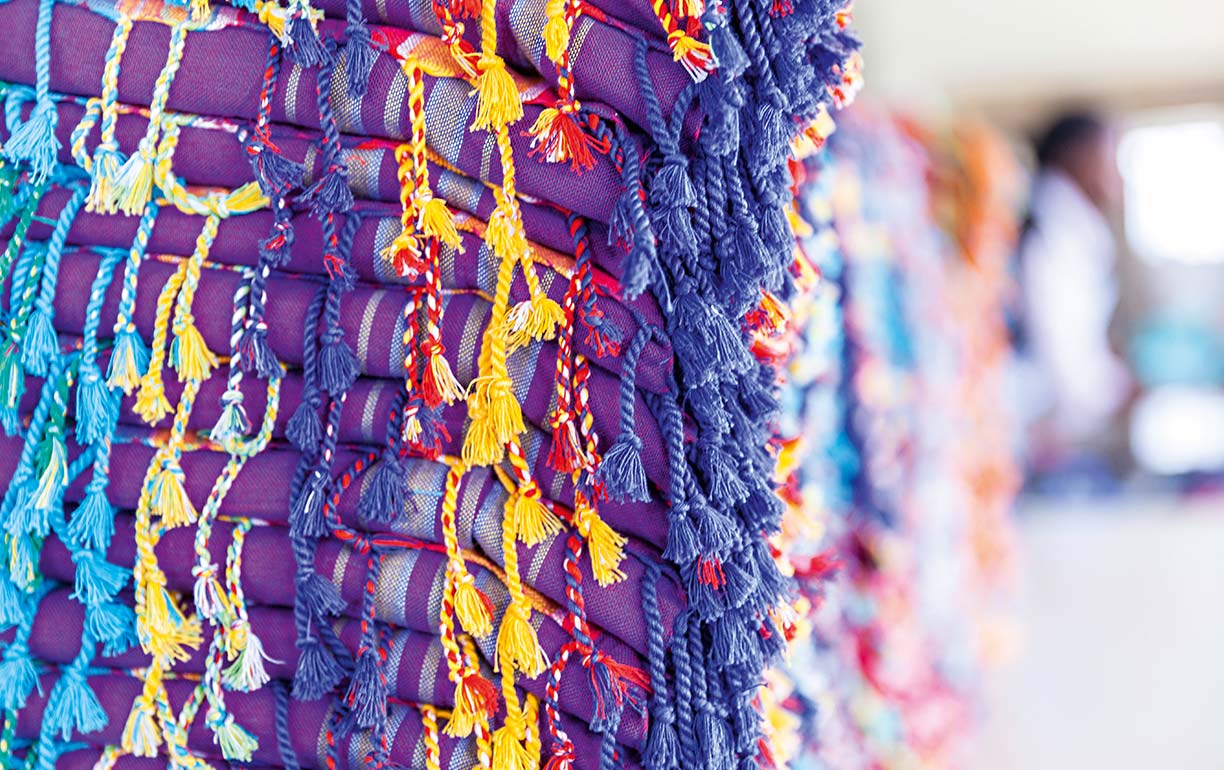
Clothes from Kenya are particularly successful in the American market. One reason for this, besides the good quality of the work, is also the African Growth and Opportunity Act (AGOA), which was agreed in 2000 during Bill Clinton’s term in office. The agreement makes it possible for Kenya and other African countries to export many products to the USA on attractive terms.
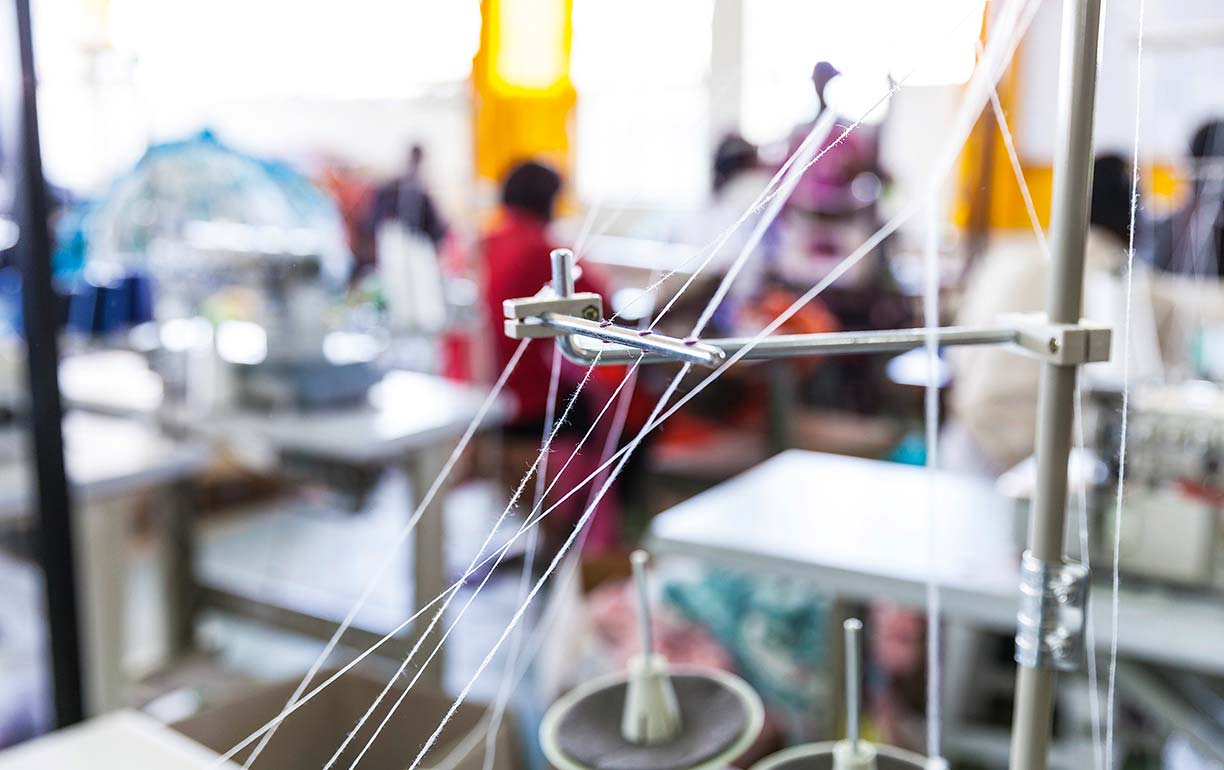
These products also include clothes. Although production costs here are higher than in quite a number of Asian countries, production in Africa for the American market is worthwhile due to the AGOA.
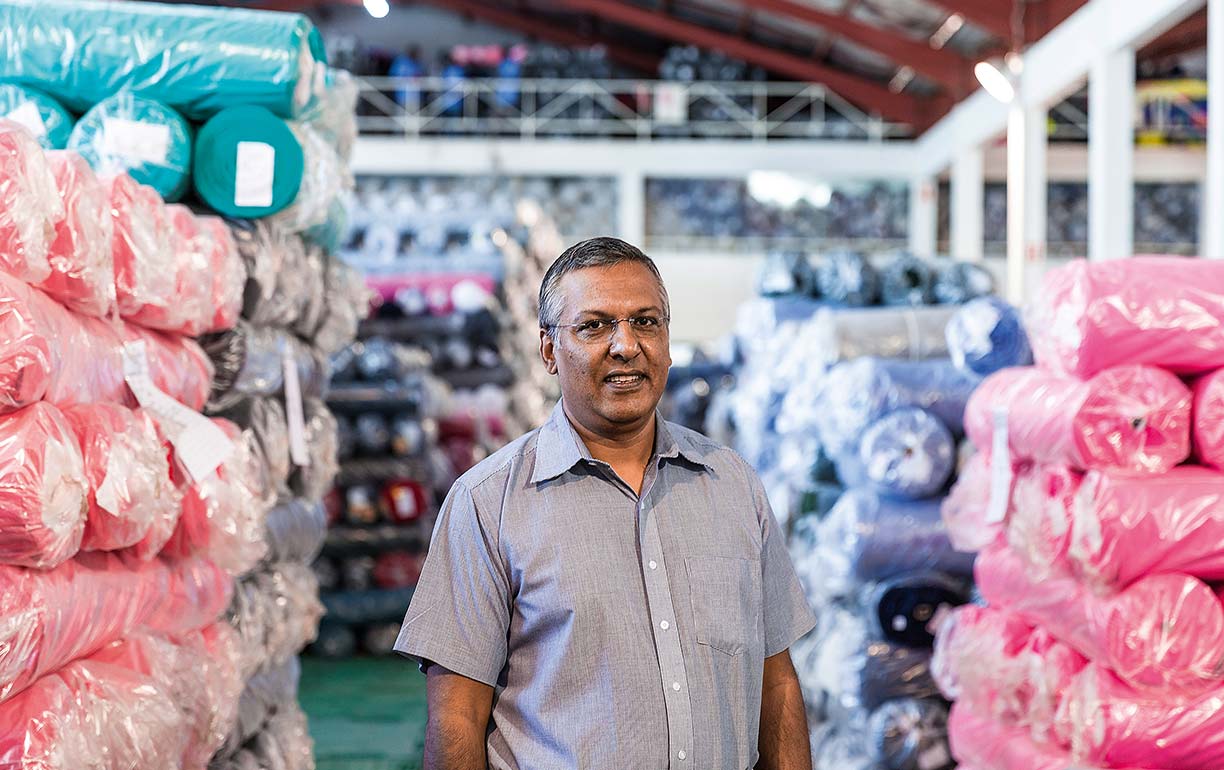
“Tailwind from the USA.”
Heman Boodia, CEO of New Wide, is a native of Mauritius and underlines the importance of the African Growth and Opportunity Act. “Today, around 250,000 jobs are connected with Kenya’s textile industry. Thanks to this year’s extension of the African Growth and Opportunity Act (AGOA), producers at least have a definite degree of planning certainty for another ten years. With around 13,000 co-workers in Kenya, Lesotho and Ethiopia, New Wide is the largest shipper among East Africa’s textile industry. In 2011, we started out here in Kenya with 1,400 co-workers. Four years later we have 8,000. This shows what enormous potential the country has.”
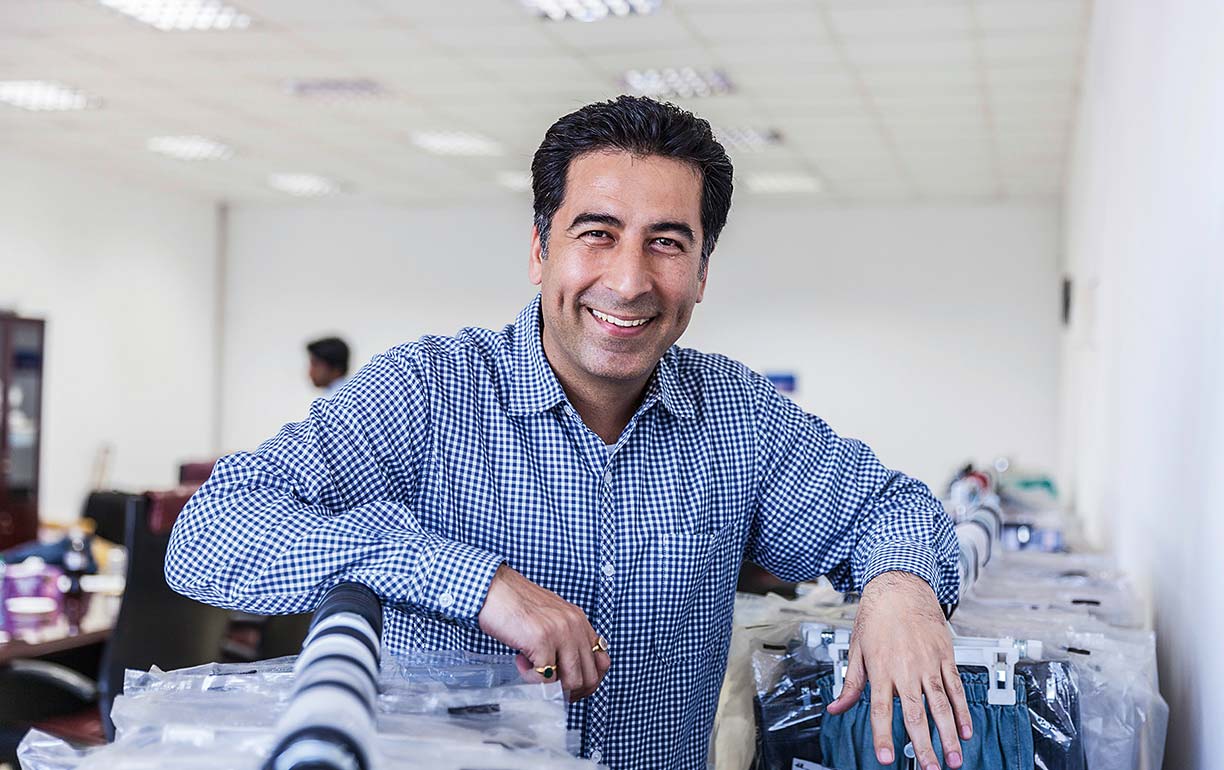
“Quality and efficiency.”
Pankaj Bedi, founder and Chairman of United Aryan, specifies the most important factors behind the success of the Kenyan textile industry. “In only 13 years we’ve grown enormously. Since 2002, the number of our co-workers has risen from 1,800 to almost 10,000. So the growth is there, but there’s still potential for improvement when it comes to efficiency. Lean or kaizen are important keywords here. That’s because, in the long term, Kenya has to impress with quality: when it comes to speed we can’t yet keep pace compared with Asia. There, the material for processing is generally produced on site. For the most part, it first has to be delivered to Kenya. This extends the time between ordering and delivery by almost double.”
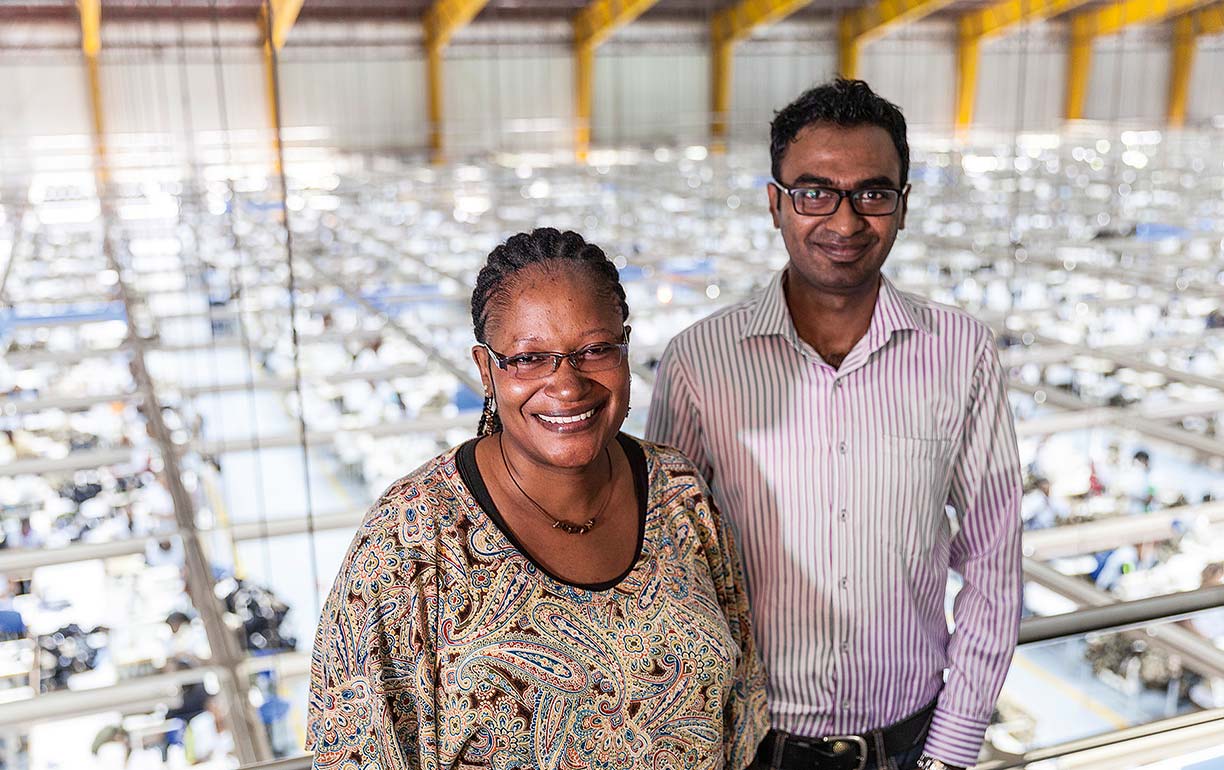
“Social aspects are important.”
Jane Adero Okech, Merchandising Manager at Alltex, is pleased with the support of the Aga Khan, billionaire patron and Imam of the Ismailis. “To create prospects – alongside economic aspects, this was an important reason for the construction of an Alltex factory in Kenya. In the process we were able to rely on the support of the Aga Khan Development Network so that the social aspect always resonates in our work. One example of this is the factory’s own kindergarten, which makes it easier for women with small children to join the company. Continuity is also important for us: quite a few colleagues have already been with us for over ten years. This keeps the know-how in the company.”
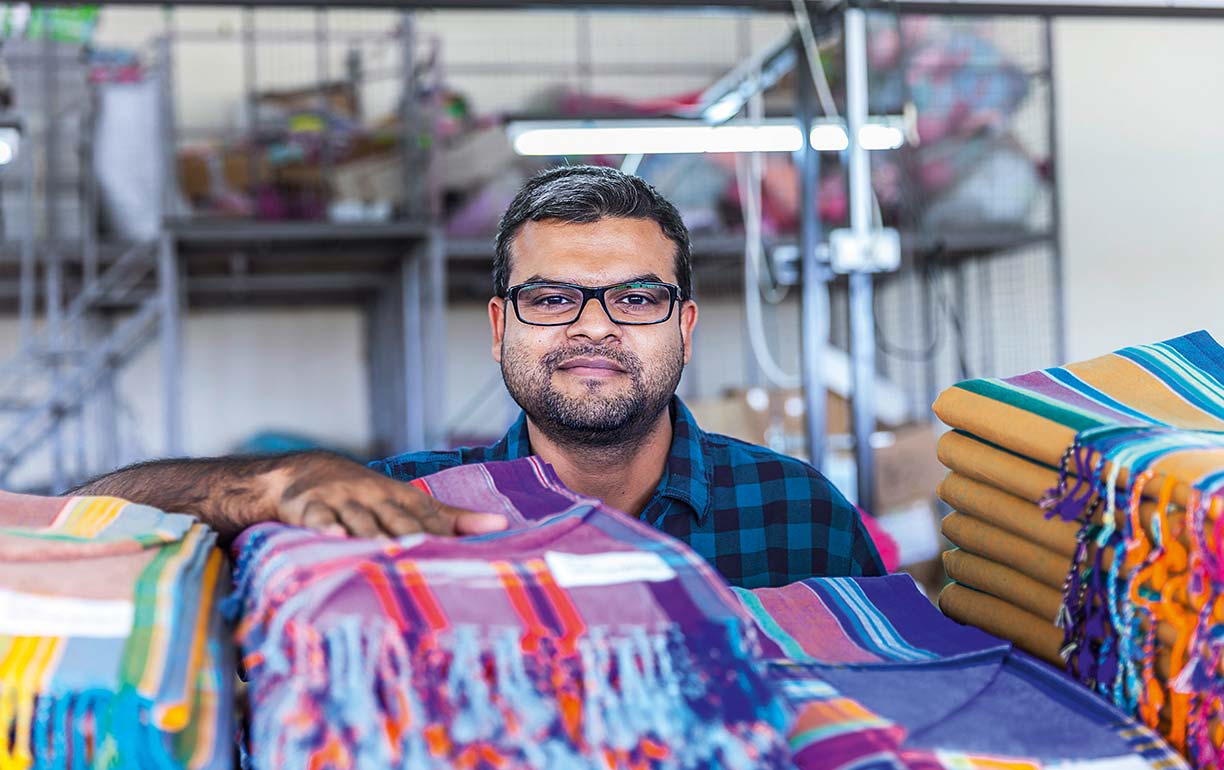
“Only kenyan kikoys are genuine!”
Sajaad Alibhai, CEO of Kikoy Mall, produces kikoys, which only exist in this form in Kenya. Our main product, the kikoy, is a 100 percent cotton wrap. “A traditional garment that is now popular worldwide. Primarily, we process cotton from East Africa. Therefore, we support local Kenyan industries, making the kikoy a truly Kenyan product. We started six years ago with five employees, and today we employ 45 people. We also employ less skilled staff, mostly mothers working half days. About 30 percent of our production is exported by airfreight, a considerable proportion of it to Europe – but we also create awareness in the USA. There is always going to be competition in any industry, but there is always a market for quality products.”
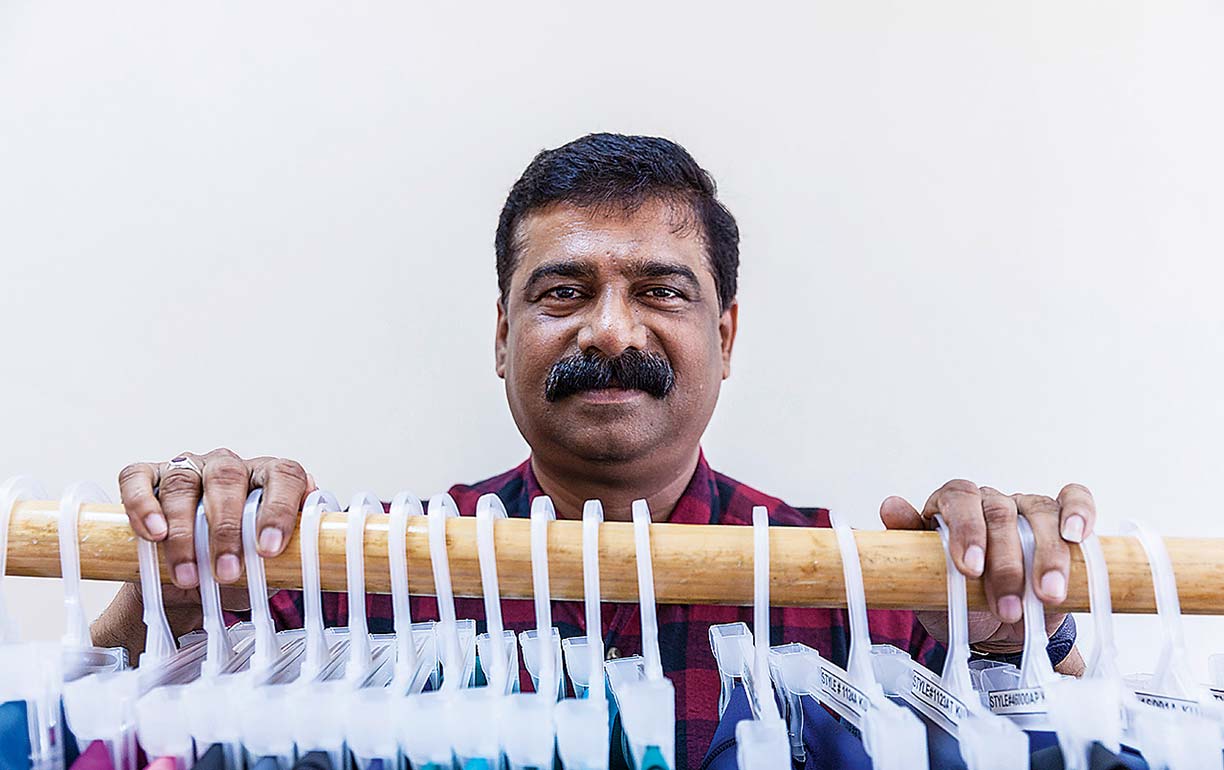
“Kenya is being taken seriously.”
Aatul Naik sees light and shade. He is the Administrative Manager at international sourcing agent and distributor CherryField. We seek out the most suitable factory for our customers. A lot has to improve in terms of infrastructure to enable the reliability of production to rise. However, I’m very optimistic for the future: the country is being taken seriously as a world market supplier. Policies are promoting the export sector. Our focus is on polyester-based clothing. Although CherryField could produce this segment in other countries, we prefer to promote Kenya.“
“Further development is important.”
“Further development is important.”
Sunil Bourjan, Merchandising Manager at African Apparel, is pressing ahead with change Around 70 percent of our products are jeans. “However, we’d like to advance further, so we’re constantly working on the development of new styles and products. Just recently we successfully launched a shirt project. We’re staying on the ball – even as medium-sized businessmen!”
Kenya has created around 250,000 jobs in the textile industry. The garments produced here are now sold all over the world.
The “planet” app offers even more photos and information. Free from iTunes App Store.
Photos:
Ralf Kreuels
